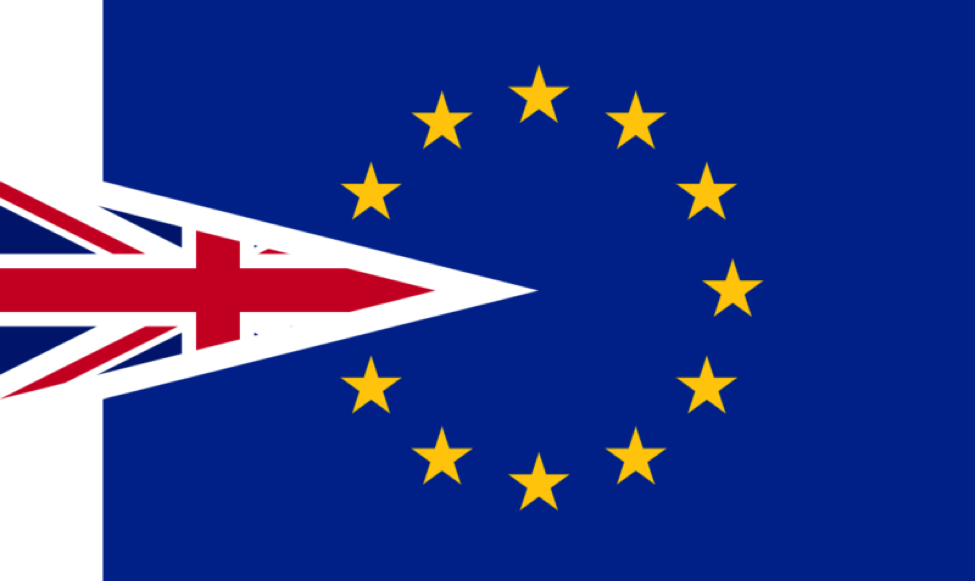

On Thursday, June 23, 2016, the UK voted (52% to 48%) to leave the European Union. With the implementation of Brexit, could it have an impact on eSports in the UK, or eSports as a whole? Would this impact be good, bad, or nonexistent? In some ways, it may be too early to tell. But we can make some predictions based on the steps that inevitably have to be taken to detach Britain from the EU.
The UK would also have more freedom to make their own decisions regarding topics like whether or not esports is a sport, and if professional esports players are actual athletes, without having to conform with the EU. The UK has already backed the eGames, which is an esports tournament that will run alongside the 2016 Olympics in Rio. The UK leaving the EU may mark the beginning of the UK’s increased activity in, and loyalty to esports.
“Freedom of movement for workers shall be secured within the Union. If Britain leaves the EU, Article 45 is obsolete,” and that “such freedom of movement shall entail the abolition of any discrimination based on nationality between workers of the Member States as regards employment, remuneration and other conditions of work and employment.”
If Britain leaves the EU, Article 45 becomes obsolete, and this will not only make it harder for players to travel around to compete, but it will make organizations less-likely to want to host or attend events in the UK. Most importantly, it makes traveling more difficult for the players, who keep the whole show going.
Moving goods will become equally difficult, and the UK will have to suspend trade agreements with the EU. This can easily raise the price of goods (not a huge deal in the esports industry, but there will be an impact), and thus, could potentially lower salaries for esports pros. Esports in the UK may even lose out on some funding by leaving the EU.
Speaking of salaries, the value of the British Pound dropped as a result of Britain leaving the EU. It dropped to the lowest it has been since 1985. You can bet your booty that will affect the salaries of players and team owners alike. It may even have an impact on prize pools for tournaments hosted by UK esports organizations, in turn making outside teams even less inclined to compete in the UK.
The UK has two years to fulfill the terms of Article 50, the exit strategy set in place should a state choose to leave the EU. This process includes Britain having to negotiate new trade deals and revise their own new government. This could end up being a pretty sweet deal for Britain yet.
Most importantly, nothing like this has happened before. It will be a long process, and any impact it may have on esports will likely not be seen for a few years. Or not be seen at all. The players are the first ones that will know if Brexit is hurting or helping esports, so they are the ones we should be watching closely. And esports is a beast of an industry. Nothing—not even Brexit—can’t hold esports back for long.